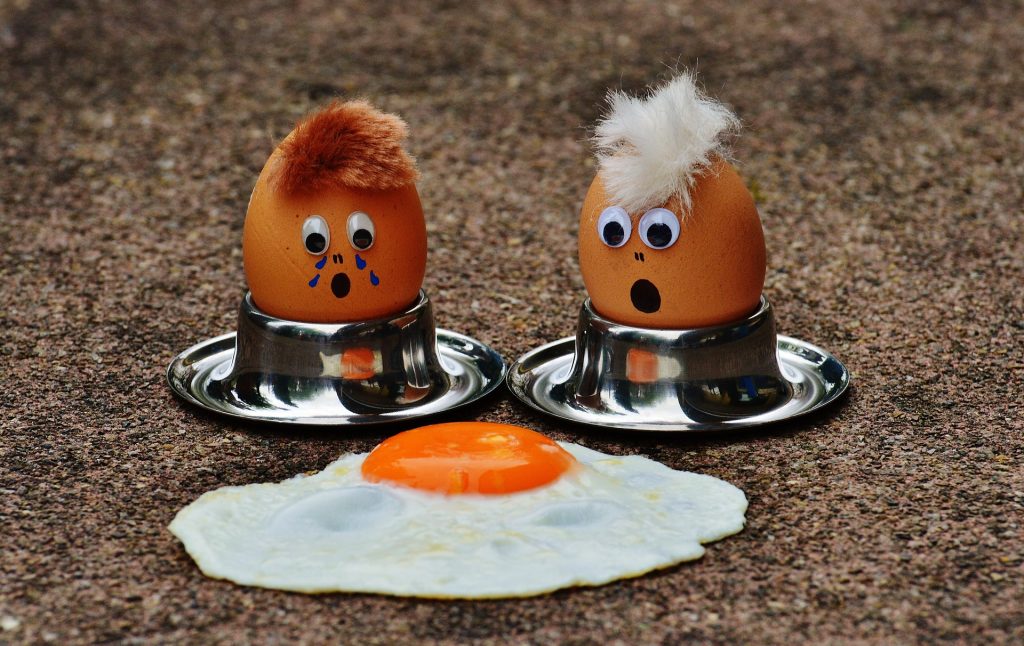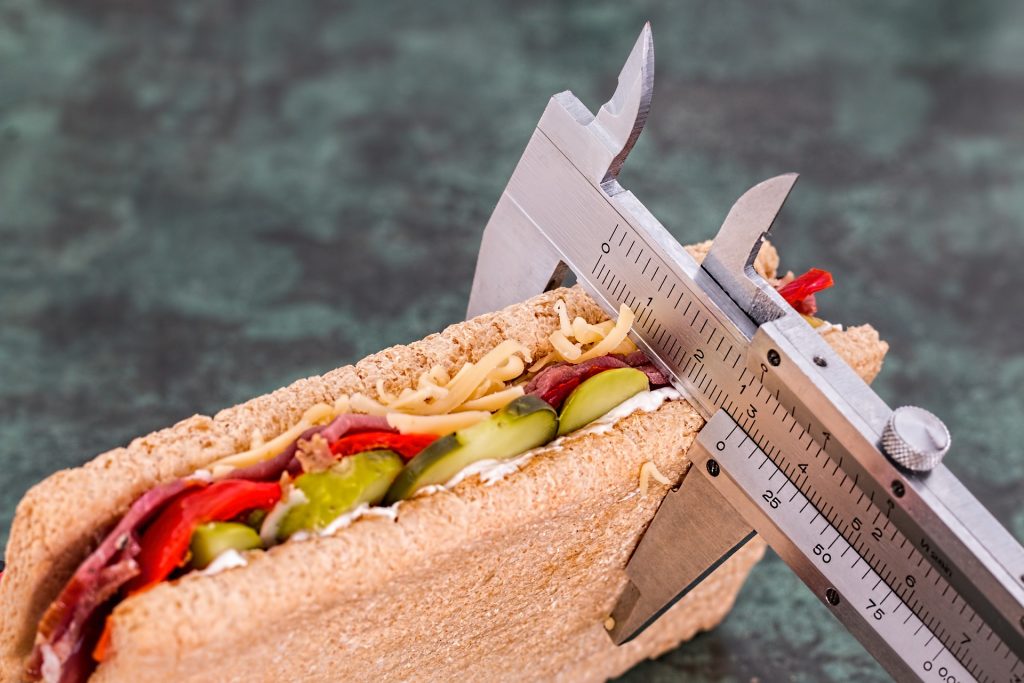Protein
What is protein?
Protein is one of the macro-nutrients contained within food, along with carbohydrates and fats. It is responsible for so much more than just building big biceps. It makes up nearly every cell within the body, including hair, skin and even nails. It plays a vital role within the body and is crucial for not only health but also providing a lean strong physique.
Protein is made up from amino acids. There are 20 different amino acids found in protein, of which 9 are essential (can’t be made by the body, so they need to be eaten). Amino acids are found within foods with varying amounts across different food sources.
Amino acids are like building blocks of protein and can be disassembled and rebuilt in different ways for use within the body. If we don’t eat enough protein, your body will use protein from within the body in the form of muscle tissue.
How much should I eat?
RDA
The recommended government guidelines for daily intake of protein is 0.75g/Kg of body weight, so for a person weighing 200lb (90Kg/14.2Stone) that would mean a protein intake of 67 grams (which is equal to 2 chicken breasts).
The RDA limits are designed to keep you healthy, not necessarily looking the best you can.
Study Overview
A study carried out in 2016 showed that individuals which consumed a higher protein intake (2.4g/kg/day) compared with a lower protein group (1.2g/kg/day) during a calorie restriction, not only lost more body fat, but also gained muscle! So for those that are trying to lose body fat, a higher protein intake seems preferable. Read more here!
What I Recommend
If you aren’t interested in counting every gram of protein throughout the day, I prefer to make more generalised recommendations. I ask all of my clients to consume a large source of lean protein in every single meal approximately the size of your palm. Depending on the source of protein, this would equate to between 20 and 40 grams. If you were eating 4 meals a day this would be in line to hit the upper protein target.
When should I eat protein?
To hit your total daily protein intake I would recommend that you consume protein in every meal. It will be tough to hit such a high number if you only ate protein once or twice throughout the day. Try and base every meal around a large source of protein and most people eat around 3 – 4 meals per day.
How will protein help fat loss?
When it comes down to fat loss it is all about total calories, and protein is no exception to that. By eating a higher protein diet (+25% total daily calories) there are certain benefits to fat loss.
Fuller for longer
Protein keeps the body feeling fuller for longer by releasing hormones in the gut that tells your body you are full. Eat 200 grams of chicken compared with 200 grams of sweets and tell me which one you feel fullest.
TEF
When eating food, our bodies require energy to digest this food. This is called the thermic effect of food. Protein has the highest thermic effect of food compared with carbs and fats. Only 70% of calories from protein will be used by the body with a massive 30% being used to absorb the food.
Minimising muscle loss
When you are in a calorie deficit, your body will use itself as fuel. This isn’t just body fat, but also will come from muscle. There is one way to reduce muscle wastage…..eat lots of protein! As I mentioned in the study overview above the higher protein group actually gained muscle in a large calorie deficit.
Bottom Line
· Eat protein in every meal
· Eat lots of it! (20 – 40g per meal)
· If you are losing fat, eat even more to get the most benefit
· Vary your protein sources
The brains, brawn and beauty of Dackattack (basically it’s just me). A personal trainer with a private gym in Norwich, dedicated to giving out simple, actionable advice that will give you outstanding results.


